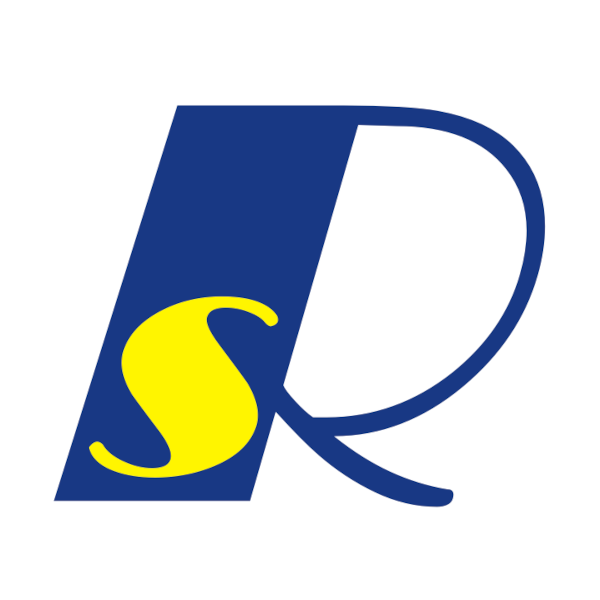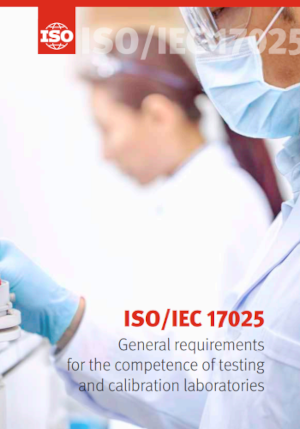
What are ISO standards?
First of all, it is important to remember that ISO standards are developed at the international level.
ISO standards represent the collective expertise of people with specialized knowledge in their fields, who understand the needs of the entities they represent—such as manufacturers, sellers, buyers, customers, industry associations, users, or regulatory bodies.
Standard for Testing and Calibration Laboratories
ISO/IEC 17025 enables laboratories to demonstrate that they operate competently and produce reliable results, which increases confidence in their work both nationally and internationally. It also facilitates cooperation between laboratories and institutions. The standard ensures that test results are accepted across different institutions, both domestically and abroad. Test reports and certificates issued in one country are recognized in another without the need for additional testing. Widespread implementation of the standard contributes, among other things, to simplifying procedures in international trade.
What you should know about ISO/IEC 17025
Who is this standard intended for?
ISO/IEC 17025 is useful for any organization that conducts testing, sampling, or calibration and requires reliable results that can be used in legally regulated areas. It applies to all types of laboratories, regardless of whether they are owned by industry, organizations, or the government. The standard is used in universities, research centers, government regulatory bodies, inspection authorities, and product certification organizations. It can also be utilized by conformity assessment bodies that need to perform testing, sampling, or calibration.
Why was the ISO/IEC 17025 standard revised?
The latest version of the standard was published in 2005, and since then market conditions and technology have changed. The new version includes technical updates, revised terminology, and the development of information technology. It also takes into account the latest version of the ISO 9001 standard.
The main changes compared to the previous edition of the standard include, among others, the need for laboratories to adapt their activities to changed or new requirements. The changes in requirements concern: impartiality and confidentiality, organizational structure, activities related to risks and opportunities, external services and supplies, decisions on conformity/non-conformity of results with requirements, processes within the laboratory management system, documentation of the management system, and strategies for ensuring measurement consistency and monitoring the quality of results—including through the use of PT/ILC.
Standard PN-EN ISO/IEC 17025:2018-02
The ISO/IEC 17025:2017 standard, “General requirements for the competence of testing and calibration laboratories,” was published in November 2017. On February 6, 2018, the Polish Committee for Standardization incorporated it into the collection of Polish standards, publishing the Polish equivalent as PN-EN ISO/IEC 17025:2018-02.

